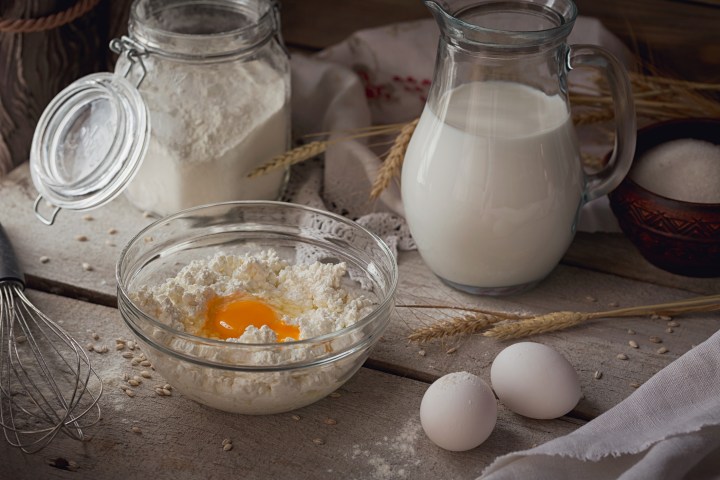Super Food for Superchildren – a healthy way to raise superchildren
Following on from the phenomenal success of The Real Meal Revolution cookbook, the Real Meal team bring you Super Food for Superchildren, a combination of mouthwatering recipes and nutritional advice for the family. The Real Meal team share some tips below on how to raise superchildren!
A balanced diet free from processed, sugary foods and high in healthy fats, protein, and complex carbohydrates, especially from vegetables, forms the fundamentals for a healthy, happy child.
Jonno Proudfoot, chef, co-author and MD of Real Meal Revolution says, “While developing our children’s book Super Food for Superchildren, the facts were reiterated to me time and again: sugar is toxic and addictive, and it paves the way to adult obesity, diabetes, and so many other health problems. “
Prof Tim Noakes, scientist, nutrition specialist and co-author of Super Food for Superchildren says that the real risk of feeding children a diet high in processed carbohydrates is that they might not be getting enough protein or fat, which is something that isn’t acknowledged.
Protein is vital for muscle development, and is a source of energy, providing iron and zinc. Iron, in particular, is important for brain tissue development. Protein foods include meat, chicken, fish, and eggs.
Fat is essential for development as the human brain is made up of 70% fat. Our organs are protected by a layer of fat, fat soluble vitamins need fat to pass through the intestinal wall, and our hormones rely on fat to function. Healthy fats include those from saturated sources like animal products, eggs, butter, coconut oil; omega 3 fats from fish; and monounsaturated fats from olive oil and avocado.Getting nutrients from a variety of colourful vegetables is equally as important.
Prof Noakes also says that consuming wheat provides a greater risk to your child for developing type 1 diabetes, as research has found that it’s more than likely a wheat-related disease. Feeding children a huge refined-carbohydrate load may also increase their chances of becoming insulin resistant and overweight, especially if they have a family history of insulin resistance and type 2 diabetes, he says. “I would be very happy that the child learnt to eat to hunger. You see, what happens when you eat processed carbohydrates, you over consume calories, and you just turn it to fat. And then you cause all sorts of other damage to the body,” says Prof Noakes.
Dr Ann Childers, psychiatrist and nutrition expert believes that a child should eat a moderate protein, high fat breakfast, “When a child is on this kind of breakfast, when carbohydrates are introduced later they don’t tend to lead to a hypoglycaemic event where the child is low on blood sugar, getting cranky, kind of spinning up or falling asleep at his desk. These sorts of breakfast can do a wonder of good.”
Jonno Proudfoot says, “It is up to us to educate ourselves on what goes into the foods we are feeding our children so that we can help them to make healthy food choices and to turn into healthy adults. In my opinion, education starts around the dinner table. Preparing food for your child, and teaching him about what goes into the food is one of the best ways to give and receive love.
Life shouldn’t only be about preventing bad things. It should also be about creating great things. That’s why we came up with Super Food for Superchildren. It’s not a weight loss book; it is a guide to feeding your children what they need to become the best they can be.”
Each recipe in Super Food for Superchildren has been specifically developed to provide them with everything they truly need to be super-children.








